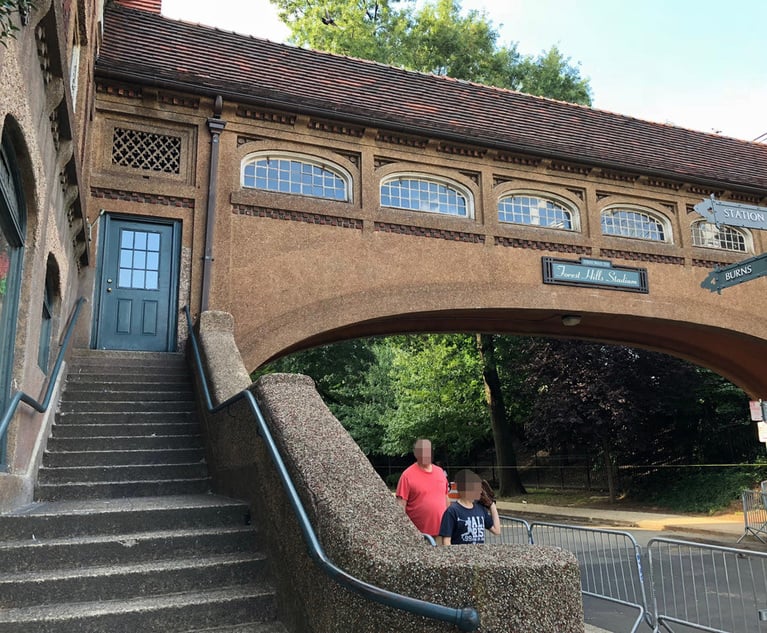When the parties to a dispute inform the court that they have reached a settlement, and the court issues an order dismissing the case with prejudice—only permitting it to be reopened for “good cause”—that is ordinarily the end of the court’s involvement in the parties’ dispute. But what happens when the parties subsequently disagree about whether they reached a settlement and move to reopen the case? Does the parties’ dispute about the existence of the settlement constitute “good cause” required to reopen the case?
In Go New York Tours v. Tour Central Park, a trademark infringement action, the parties informed the district court (Caproni, J.) that they had settled their dispute. The court then issued an order dismissing the case with prejudice, only permitting the case to be reopened for “good cause.” Thereafter, a dispute arose about whether the parties had in fact reached a settlement. The plaintiff then moved to reopen the case and enforce the settlement agreement, or in the alternative, for leave to amend its complaint to add a breach of contract claim. The defendant joined the plaintiff’s motion to reopen the case but argued that the trademark infringement and related claims should proceed immediately to trial because there was no settlement agreement.


 Thomas E. L. Dewey
Thomas E. L. Dewey




